
Success in Delaying Dementia
PROGRESS: A key study shows an easing, in certain respects, of the harsh impact of dementia. On average, people seem to be developing dementia later

PROGRESS: A key study shows an easing, in certain respects, of the harsh impact of dementia. On average, people seem to be developing dementia later
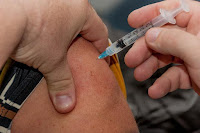
RESEARCH ARTICLE + VIDEO: People who receive at least one influenza vaccine are 40% less likely than their non-vaccinated peers to develop Alzheimer’s disease, researchers

RESEARCH ARTICLE: Researchers find that participants who gave away more money scored significantly lower on cognitive tests known to be sensitive to Alzheimer’s disease than

In the lab, fujimycin slowed Alzheimer’s. (Fujimycin is an organ-transplant drug also called FK506 or Tacrolimus.) In past studies, similar drugs, like rapamycin and ciclosporin,

DIAGNOSIS VIDEO + ARTICLE: Dementia diagnosis often comes as part of costly crisis, but that can be avoided. Find out how.
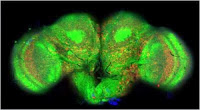
Early-evening restlessness and agitation, known as ‘sundowning’, is common in Alzheimer’s. So is fragmented sleep. A major discovery indicates these symptoms are curable.
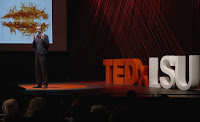
TEDx BRAIN-HEALTH VIDEO: How can we take action to be mentally healthy throughout our lives? See Brain Scientist Dr. Owen Carmichael share clear, highly motivating
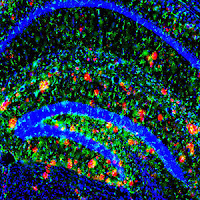
100 VOLUNTEERS IN A STUDY The main suspect behind Alzheimer’s is a protein called “amyloid-beta”. Researchers asked, “Why do older people have more of it?”

VIDEO: A STIMULATING THERAPY could be music to ears with Alzheimer’s. In dementia, sound-stimulation at 40 hertz appears to increase cognition, clarity and alertness. See
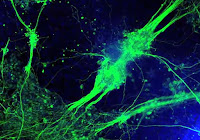
PROGRESS: ApoE4 is the best known “Alzheimer’s Gene”. Gladstone Institute scientists successfully changed the gene’s structure. This eliminated certain signs of Alzheimer’s, restored normal cell
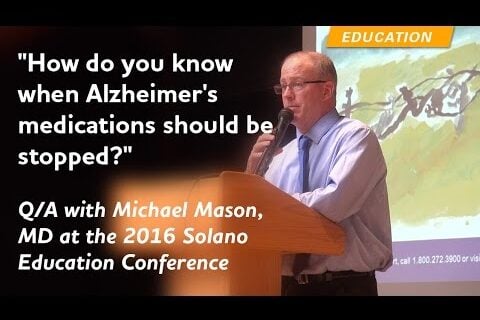
MEDICATION VIDEO:
How do you know when Alzheimer’s meds ought to be stopped? Explore the benefits of these medications, such as improved cognition, memory, behavior, lifespan, and the stages they are most effective.

[Father’s Day is June 15]
MUSIC VIDEO: When dad got Alzheimer’s, I was determined he wouldn’t forget me… nor I him. This song is a grand tribute to everyone living and dealing with Alzheimer’s.
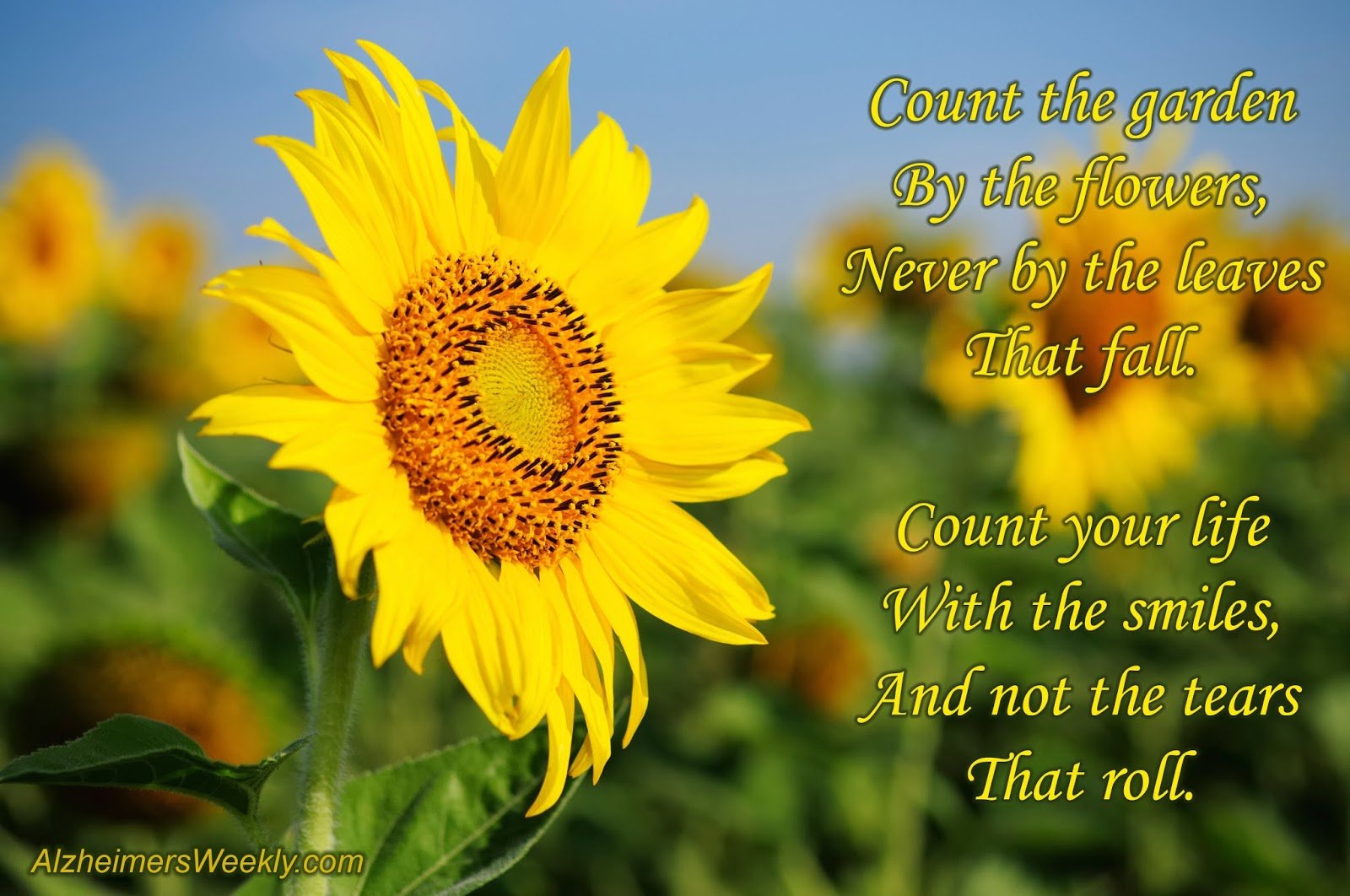
Count the garden by the flowers, never by the leaves that fall.
Count your life with the smiles, and not the tears that roll.

SHORT-TERM MEMORY lapses are obvious signs of Alzheimer’s, but other tell-tale signals begin to show much earlier. Learn how to look for semantic impairments, such as simple questions about size.

Three important dementia studies focus on HS-AGING, a type of dementia almost as common as Alzheimer’s in the 85+ group. Yet few people have heard of it. Why? What makes it different?

An intriguing study of 120 grandmothers might surprise you. Doctors know socially engaged people have better cognition and less dementia. But can a person get too much of a good thing? What’s the right balance?

Enjoy this great duet between a musician with dementia and his son. A triumph of spirit over Alzheimer’s! Sing-a-long if you like!
No spam, only news and updates.


